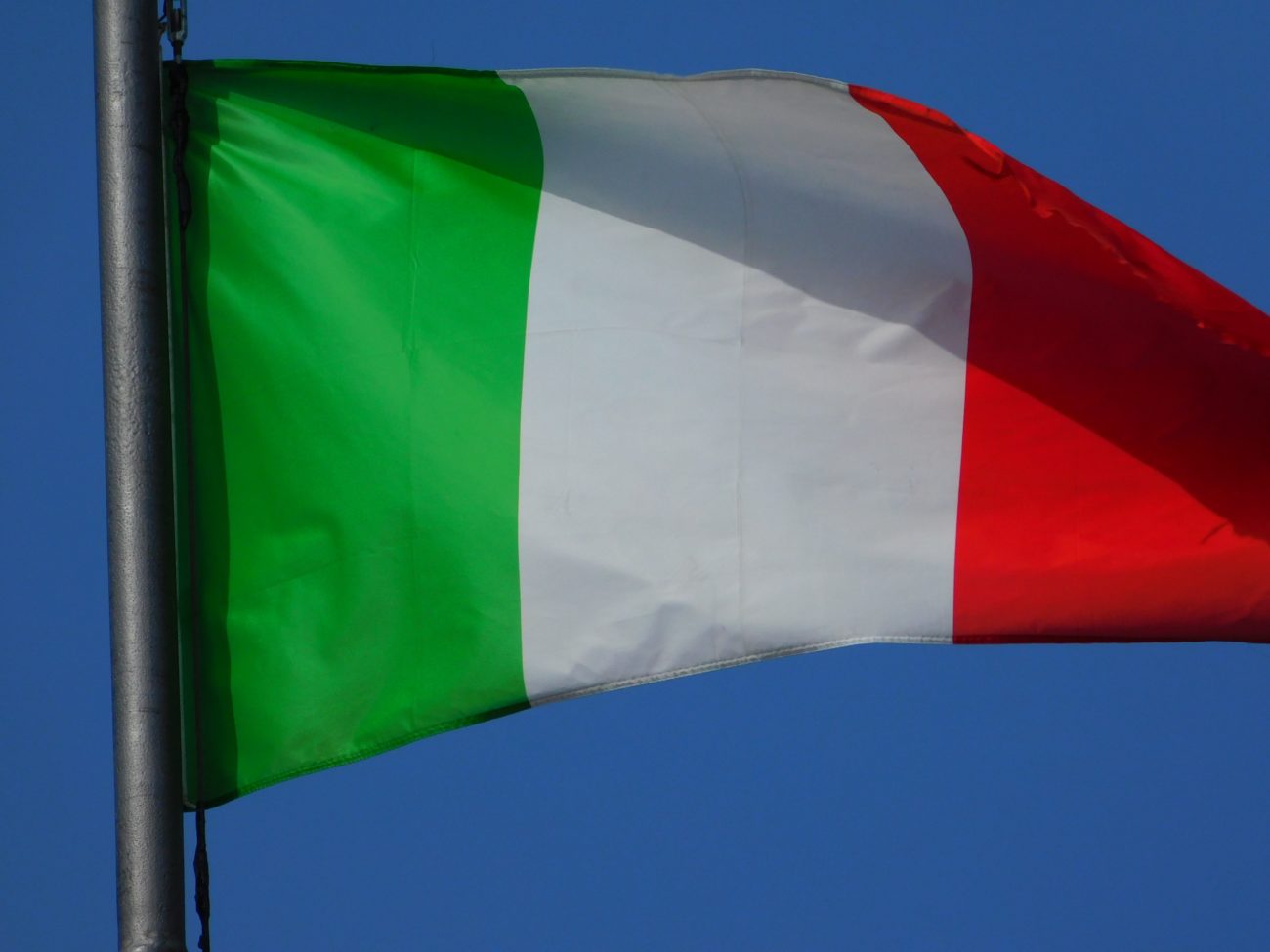The European Gaming and Betting Association (EGBA) has called for a revision of Italy’s blanket ban on gambling advertising after a new report found players in the country spend €25.00bn (£21.76bn/$26.38bn) on black market gambling websites each year.
Published by Italian newspaper La Gazzetta dello Sport, the report estimates €18.50bn is bet with unlicensed gambling sites each year. This, the report says, represents approximately 75% of all black market bets in Italy.
EGBA estimates this to mean almost €1.00bn in gross gaming revenue is being lost to black market sites each year. This is equivalent to the combined regulated online gambling revenue of eight other European Union (EU) countries – Croatia, Cyprus, Estonia, Latvia, Lithuania, Luxembourg, Malta and Slovenia.
EGBA acknowledges that Italy’s Customs and Monopolies Agency (ADM) has already taken action on that matter. This year alone, ADM has blocked over 9,800 unlicensed sites, already 400 more than in all of 2022.
However, EGBA remains concerned at the number of Italian players using unlicensed sites, especially those located outside of the EU. As these sites do not offer the same, or any, consumer protection, this places players at higher risk of harm.
EGBA says revised adverts ban could reduce black market rates
As such, EGBA is calling on Italian authorities to do more to raise awareness among consumers about these risks.
This, it said, could include revising Italy’s blanket ban on gambling advertising. At present, there is a ban on all forms of gambling adverts in Italy. However, EGBA says lack of awareness of approved operators could be a factor in high black market gambling rates.
“The significant size of Italy’s online black market is concerning, yet it is not surprising given that Italy has one of Europe’s strictest advertising regimes for its licensed gambling companies,” EGBA secretary-general Maarten Haijer said.
“The country’s ban on advertising for licensed gambling operators is clearly favouring the black market. Without a sufficient level of advertising, there is no real way for Italians to tell the difference between a gambling website which is licensed in Italy – and applies the country’s consumer protection rules – and one that is not.
“It is evident that enforcement action against black market operators is not sufficient. The government needs to revise its advertising rules for gambling to ensure Italian citizens can be well-informed about the licensed websites in the country.”
Italy footballers face betting charges
The report comes as Italy faces something of a crisis within its national football team. Several players are reported to have breached rules on betting.
This week, the Italian Federal Prosecutor’s Office handed Juventus footballer Nicolò Fagioli a seven-month suspension for betting on football.
Reports about Fagioli emerged last week, claiming he placed bets with an unlicensed gambling site. Italian Football Federation (FIGC) rules state athletes found betting on the sport can face bans of up to three years.
Two more Italian national team players, Newcastle United’s Sandro Tonali and Aston Villa player Nicolo Zaniolo were later revealed to be under investigation and were withdrawn from national team selection.
This week, Newcastle confirmed Tonali is subject to investigation by the Italian Prosecutor’s Office and FIGC in relation to illegal betting activity.
“Sandro is fully engaging with the investigation and will continue to cooperate with all relevant authorities,” Newcastle said. “He and his family will continue to receive the club’s full support.
“Due to this ongoing process, Sandro and Newcastle United are unable to offer further comment at this time.”

